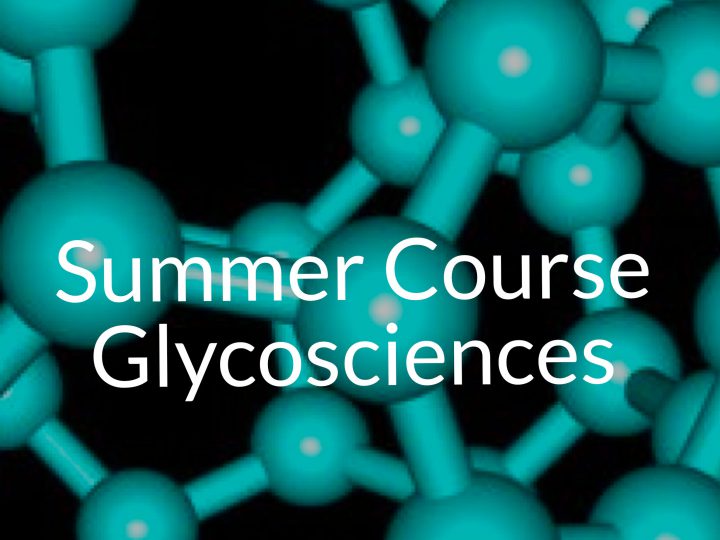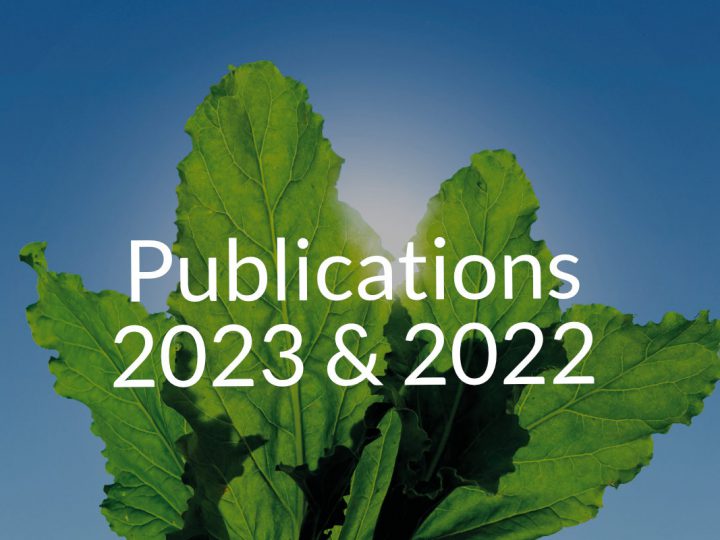 CCC originally started in the northern part of the Netherlands, but nowadays its partners are located all over the country. Indeed, in the NWO-CCC call CarboKinetics, one awarded project is co-supervised by dr. Emanuel Canfora from the Maastricht University. He will investigate the effect of dietary fibers on metabolic health, with a focus on acetate production in the colon.
CCC originally started in the northern part of the Netherlands, but nowadays its partners are located all over the country. Indeed, in the NWO-CCC call CarboKinetics, one awarded project is co-supervised by dr. Emanuel Canfora from the Maastricht University. He will investigate the effect of dietary fibers on metabolic health, with a focus on acetate production in the colon.
‘I knew about the CCC, but only as something happening in the north’, says Canfora. But then, his PhD supervisor Ellen Blaak and a collaborator from the University of Wageningen, Erwin Zoetendal,
were awarded a project in the NWO-CCC CarboKinetics program and Canfora became directly enthusiastic about the project and is now one of the principal scientists. ‘This project is a continuation of my PhD project on short-chain fatty acids’, he explains. In this project, Canfora and colleagues developed the hypothesis that acetate is an important link between gut microbiota and metabolic health.
‘In the new project, we will test dietary fibers in an artificial in vitro model of the colon at the Maastricht University Campus Venlo under supervision of Koen Venema. We will see which fibers are linked to increased acetate production. This should be beneficial for body weight control, lipids and insulin sensitivity.’ After identification of the most promising fibers, these will be tested in a long term human intervention study in the Maastricht University Medical Centre.
It is the first time the Maastricht University participates in a CCC program. Canfora believes the southernmost university has some unique qualities to add to the carbohydrate research program: ‘For example, we have a great facility, the Metabolic Research Unit Maastricht to perform in high standard conditions human intervention trials. And also, at the UM Venlo Campus, we have the colon model running, which was originally developed by TNO.’
Wageningen University and Research is also involved in the project, they will investigate how key microbes are involved in a high acetate production. ‘My job is to find out which fibers yield a high acetate production and to test whether these will be able to reverse high-fat diet-induced insulin resistance in humans.’
The end result will be basic knowledge about the interaction of dietary fibers, microbial acetate production and metabolic health. But also an indication which fibers are good candidates to include in probiotic food products. ‘The fibers we test are provided by industrial partners, so all this new knowledge may inspire new food products.’




